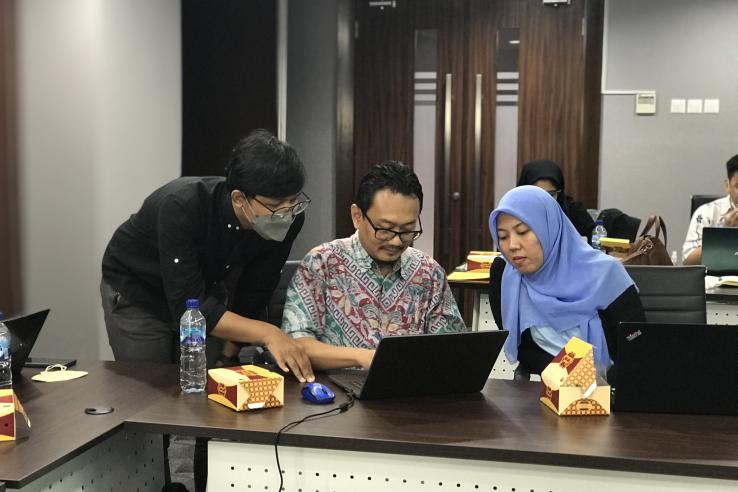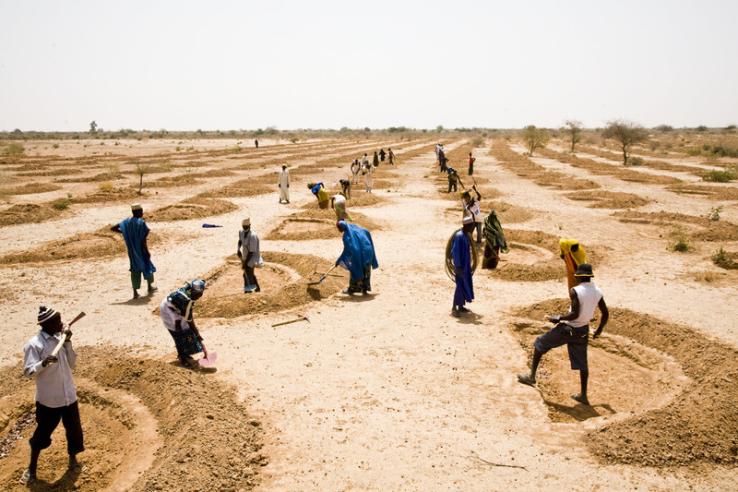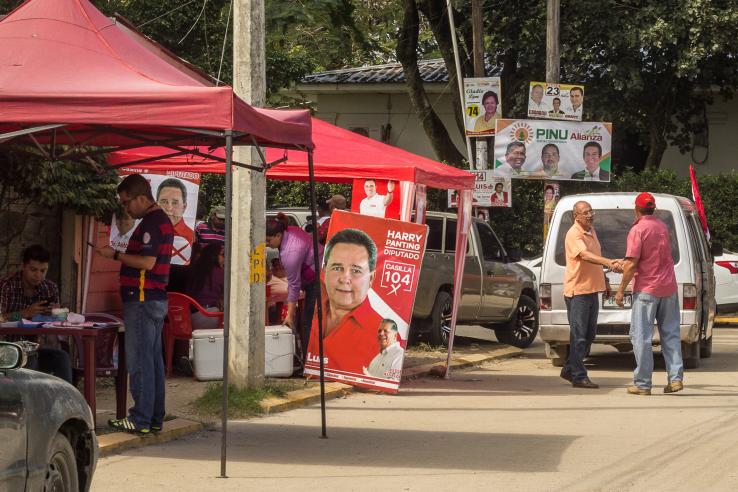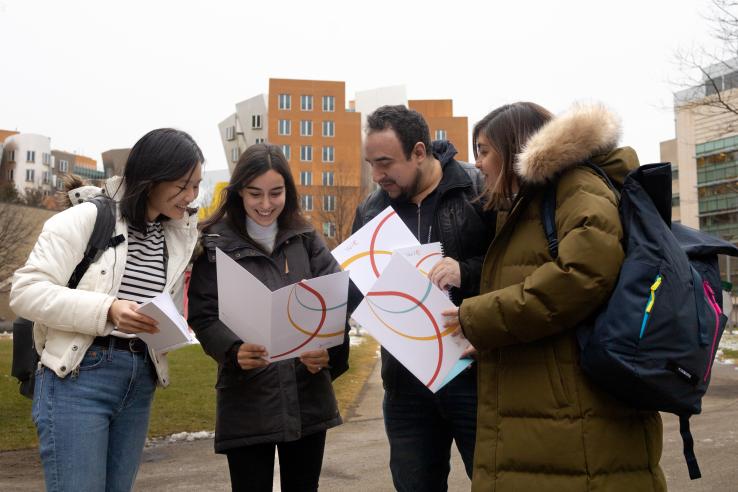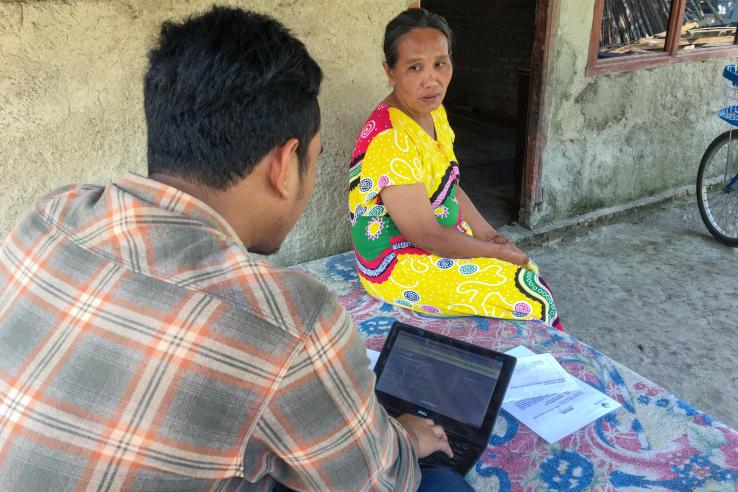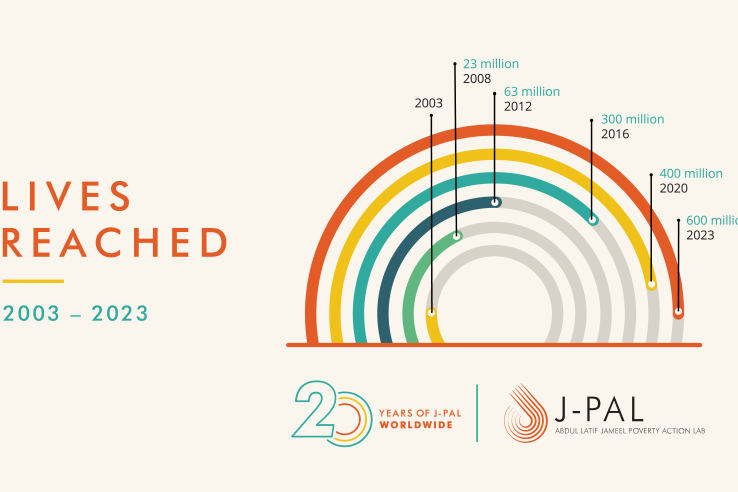Displaying 3331 - 3345 of 8491
Blog
This is the second blog in a series illustrating stories of how J-PAL’s training courses have built new policy and research partnerships and strengthened existing ones to advance evidence-informed decision-making.
Blog
A key policy question in sub-Saharan Africa is how to reach yield potential for important crops without introducing further environmental degradation. Researchers partnered with Niger’s Ministry of the Environment and the Sahel Consulting Group to test barriers to the adoption of demi-lunes, a...
Resource
Basic page
Blog
At the American Association of Health Economists 2023 Annual Conference (ASHEcon), J-PAL North America staff organized a roundtable discussion on building research partnerships between clinicians and economists. This panel featured researchers from two randomized evaluations that brought together...
Blog
In part one of a series on fostering inclusion in the field of economics, we sat down with Marianne Bertrand (University of Chicago) about addressing professional conduct with the American Economics Association (AEA).
Blog
In part two of a series on fostering inclusion in the field of economics, Alicia Sasser-Modestino (Northeastern University) discusses gender dynamics in economics seminars.
Initiative Resource
Initiative projects and documents
Blog
In part three of a series on fostering inclusion in the field of economics, Matt Notowidigdo (University of Chicago) discusses the value of mentorship on advancing diversity and inclusion in the field of economics.
Evaluation
In this randomized evaluation in Honduras, researchers assessed how the national Programa de Asignación Familiar (Family Allowance Program) CCT program, which provided a combination of transfers to households and transfers to support public goods, influenced voting in local and national elections. In municipalities where households received direct transfers, incumbent mayors faced a higher likelihood of re-election (an increase of 39 percent), but there was no impact on presidential election outcomes for any combination of transfers.
Policy insight
Students must complete the Free Application for Federal Student Aid (FAFSA) annually to receive federal loans and grants to attend college in the United States, a requirement often viewed as a barrier to college access. Informative and timely nudges can increase FAFSA filing rates, but providing...
Event
Join us for a webinar on Thursday, October 19, at 10:00 AM EST to hear Professor Sara Ellison, the DEDP program team, and a DEDP alum answer questions about the application, admissions process, coursework, and capstone project.
Blog
This is the fourth post of J-PAL’s 20 for 20: Partner Voices blog series, where we showcase stories of results and impact with our partners to celebrate our twentieth anniversary. Read on to learn about Mohammad Zeqi Yasin’s, head of research at the Research Institute of Socioeconomic Development...
Person
Resource
Layout Page
J-PAL was founded in 2003 at the Massachusetts Institute of Technology by Abhijit Banerjee, Esther Duflo, and Sendhil Mullainathan with a mission to alleviate poverty using rigorous evidence. As of 2024, 600 million people have been reached by programs and policies that have been informed by...
Update
J-PAL Updates
J-PAL North America's September newsletter features our 10-year anniversary: highlights from our two-day convening, a new impact webpage and blog series, and our inaugural Evidence Champions.
